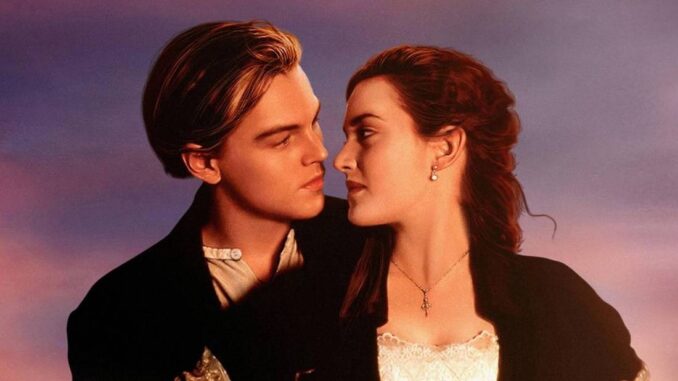
The Echo of a Siren: When Titanic's Reign Finally Faded
For over two decades, James Cameron’s Titanic wasn’t merely a film; it was a cultural leviathan, a cinematic monument, and a virtually unassailable titan at the global box office. Its reign was so absolute, so prolonged, that it became a benchmark against which all other blockbusters were measured. Its eventual surpassing, after a quarter-century of unparalleled dominance, wasn't just a statistical update but a moment for collective reflection – a quiet, almost wistful acknowledgment that even the grandest stories eventually yield their throne, though their legend remains untouched.
From the moment it sailed into cinemas in 1997, Titanic was more than a movie; it was an event. Cameron, with his characteristic blend of audacious vision and meticulous detail, didn't just tell a story; he recreated an era, a disaster, and a love affair that felt as sweeping and tragic as the historical event itself. The film transcended demographics, drawing in hopeless romantics with the passionate, ill-fated love of Jack and Rose, history buffs with its brutal clarity of the disaster, and spectacle-seekers with its groundbreaking visual effects and breathtaking scale. Its box office tally swelled into an unthinkable, unprecedented ocean, accumulating billions across the globe, captivating audiences not once, but often multiple times.
What fueled this unparalleled longevity? It was more than just stunning visuals or a compelling script. Titanic tapped into universal human truths: the rigidity of class systems, the fleeting nature of life, the power of love against insurmountable odds, and the terrifying beauty of humanity’s hubris. It offered a collective experience, a shared catharsis in darkened theaters worldwide. Friends argued over whether Jack could have fit on the door; couples wept in unison; and a new generation discovered the haunting melodies of Celine Dion's "My Heart Will Go On." The film became woven into the fabric of popular culture, its lines quoted, its scenes parodied, its emotional core deeply ingrained in the public consciousness.
For twenty-three years, Titanic stood as the undisputed champion, a testament not just to its initial impact, but to its enduring re-watchability and its timeless emotional resonance. It weathered the rise of superhero franchises, the proliferation of global markets, and the ever-increasing cost of ticket prices. It seemed almost untouchable, its record less a number and more a cultural institution. It was a film that didn't just break records; it built a lasting legacy that few, if any, could hope to replicate.
When the news finally broke that another cinematic juggernaut had, at long last, eclipsed Titanic's global box office take, there was no sense of defeat or diminished glory. Instead, it felt like witnessing the gentle turning of a page in the annals of film history. It wasn't a dethroning but a passing of the torch, a natural progression in an ever-evolving industry. The fact that it took another monumental, technologically innovative, and globally embraced film – often, tellingly, another from the very same visionary director, James Cameron, with Avatar – to finally surpass it only underscored Titanic's unique and formidable position.
The eventual surpassing of Titanic isn't a stain on its legacy; it's a testament to its extraordinary, almost mythical, staying power. It stands as a reminder that some stories, so perfectly told and universally felt, can transcend the fleeting nature of box office statistics and become permanent fixtures in our collective memory. The actual ship may lie in perpetual darkness beneath the waves, but James Cameron's Titanic, with its epic sweep and intimate human drama, will forever sail the boundless oceans of our cultural imagination, an enduring echo of a siren call that captivated the world for decades. Its reign may have ended, but its legend, like the stars that witnessed its tragic maiden voyage, continues to shine.